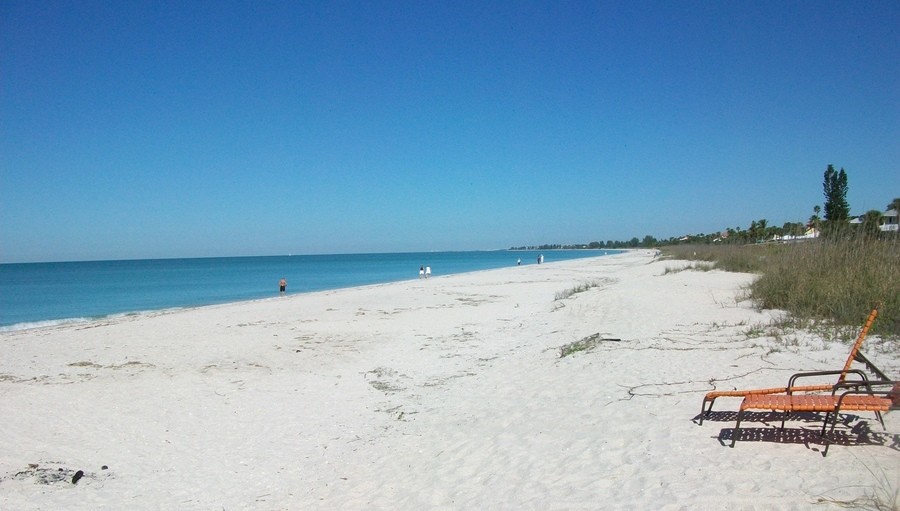An International Effort: The Next Steps in Facing Alzheimer's Disease
Todays News
SRQ DAILY WEDNESDAY PHILANTHROPY EDITION
WEDNESDAY JUL 31, 2019 |
BY OLIVIA LIANG
With 6,000 attendees, including physicians, clinicians, nurses, geriatricians, molecular biologists and psychologists, the Alzheimer’s Association International Convention (AAIC) unites the top combatants against Alzheimer’s disease and other dementias, to generate a cohesive and productive dialogue combining basic science with public policy, research for possible cures and interventions with psycho-social research. And as a lead player in that conversation, The Roskamp Institute in Sarasota, a nonprofit organization that serves as a global leader in better understanding and treating diseases of the mind in its state-of-the-art lab, sent three members of its staff to present at the recent AAIC convention in Los Angeles.
Charis Ringland, an Associate Researcher and PhD Student at The Roskamp Institute, presented her ongoing project, detailing her research on matrix metallopeptidase 9 (MMP-9), an increased enzyme in the brains of Alzheimer’s patients, and how it interacts with the apolipoprotein E (APOE) protein. The APOE gene responsible for making this protein is a major genetic risk factor for Alzheimer’s disease and after conducting lab work with Alzheimer’s mouse models, analyzing behavior and cognitive function, Ringland’s work will provide insight into potential treatments for the human disease.
“We need to expand our horizons,” says Dr. Laila Abdullah, Senior Scientist and Director of Lipid Projects, who was part of the original team researching Alzheimer’s disease at Roskamp. “Attending these meetings (like the AAIC) are an important part of the communication process, of communal growth.” Focusing on the brain’s need for energy utilization, Abdullah measures lipids that are broken down in the mitochondria (powerhouse of our cells), she says, finding that brain energy related to lipid utilization is disrupted early in Alzheimer's disease processes, ultimately better understanding and altering treatments for the future.
“None of these diseases are about one person alone,” says Dr. Cheryl Brandi, the first Nurse Practitioner at The Roskamp Institute, who emphasized the critical importance of the psycho-social perspective at the AAIC. With a grant from Designing Daughters of Sarasota, Brandi conducted qualitative research on caregivers and their perceptions of support in Manatee and Sarasota counties, realizing a lack of awareness, even in the medical community, when it comes to appropriate treatment and support for those afflicted and their caregivers, as well as a need for ongoing education about brain diseases. That is where the AAIC plays its most advantageous role, providing a platform “to work and network and bridge ideas internationally” to make breakthroughs in the Alzheimer’s arena, according to Brandi.
“Each of us in our own way is very passionate about the work that we do in eradicating brain diseases. That is why AAIC was so inspirational for all of us as we go about our own unique ways of making a difference... We three are such great examples of the diversity of research endeavors in the quest for more information on Alzheimer’s Disease and other dementias.”
« View The Wednesday Jul 31, 2019 SRQ Daily Edition
« Back To SRQ Daily Archive











